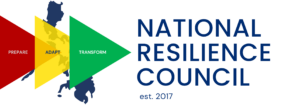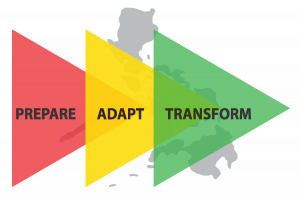Where We Work

The National Resilience Council (NRC) continues to uphold its commitment to building a Resilient Philippines through the expansion of partnerships for its Resilient Local Government Unit Program (RLGUP).
This includes thirteen (13) localities for the Adopt-A-City (AAC) Initiative; eleven (11) provinces and two (2) special regions for the “Strengthening Institutions and Empowering Localities Against Disasters and Climate Change (SHIELD) Programme,” and five (5) localities for the “Transdisciplinary Approach for Resilient and Sustainable Communities” or Project TRANSFORM.
The NRC also has an awards mechanism recognizing the hard work and efforts of resilience champions across the country. Last 2023, the pioneering year for the Philippine Resilience Awards (PRA) opened its Call for Nominations for the Women Category, subsequently expanding to include the nominations for the Youth Category in 2024.
More so, NRC expects to engage in six (6) more provinces for the upcoming project titled, “Partnering for Climate and Disaster Resilience”, funded by the Government of Canada and in partnership with Alinea International.
Theory of Change

NRC’s Theory of Change is the core framework guiding the systems and operations of the organization. It is anchored on the intersecting goals and local contextualization of international development blueprints such as the Sendai Framework for Disaster Risk Reduction 2015-2030, the 2030 Agenda for Sustainable Development Goals, the Paris Climate Agreement, the Intergovernmental Panel on Climate Change (IPCC), the New Urban Agenda, and Making Cities Resilient 2030 of the United Nations Office for Disaster Risk Reduction (UNDRR).
The NRC employs a “preventive-focused” rather than “response-oriented” approach in the implementation of its programs and interventions– providing technical support to partners pertinent to fostering climate and disaster resilience while deepening understanding of the needs of vulnerable sectors in local communities, to ensure sustainable outcomes and a paradigm shift to its partners and stakeholders to “bounce forward together” to build a resilient Philippines.
NRC’s core objective is to bridge critical gaps between science, policy, and practice through the implementation of our programs, the conduct of demand-driven and needs-based interventions to partners and stakeholders,, and the deployment of our tools and processes– mainstreaming public-private-people partnerships (4Ps) and climate and disaster resilience in local development plans, policies, programs, investments, and budgets.
NRC integrates key approaches from leadership and governance (L&G) and science and technology (S&T) track in its programs, interventions, tools, and processes– promoting L&G based on knowledge development and the application of S&T in addressing multiple disaster risk challenges.
NRC underscores the importance of GEDSI-responsive implementation of programs, interventions, tools, and processes through the institutionalization of a public-private-people partnership, championing a whole-of-government, whole-of-society, and systems approach to achieve three (3) core outputs:
- Functional risk and resilience governance capacities with established and operational decision support systems.
- Integrated climate and disaster resilient leadership and governance (L&G) and science and technology (S&T)-informed policies, plans, programs, investments, and budgets.
- Recognized models of resilience and risk governance.
These outputs contribute to the immediate and direct transformation of resilience pillars: (1) human development; (2) local economy; (3) environment; (4) infrastructure; and (5) human security, promoting the application of shared values of ownership, co-ownership, co-creation, and co-benefit, in deepening the understanding of risk and the practice of evidence-informed resilience governance. Thus, addressing system gaps and resilience challenges, eventually leads to communities of practice towards bouncing forward together to build a #ResilientPhilippines.
NRC Resilience Thematic Areas

The Republic Act No. 10121 or the Philippine Disaster Risk Reduction and Management Act of 2010 adopted the definition of “critical actions and measures” from the United Nations International Strategy for Disaster Reduction (UNISDR)– promulgating four (4) thematic areas:
- Prevention and Mitigation
- Preparedness
- Response
- Rehabilitation and Recovery
Thus, the complex and dynamic nature of risk and the Philippines’ unique patterns of development necessitate efforts from the local government units (LGUs) and local communities to develop the ability to resist, absorb, accommodate, adapt to, recover, and transform from the impact of hazardous events– thereby prompting climate and disaster resilience embedded in the local systems.
NRC, anchored on the intersecting goals and local contextualization of international development frameworks relevant to climate and disaster resilience, defines critical actions and measures in terms of three (3) thematic areas:
- Prepare
- Adapt
- Transform
Programs
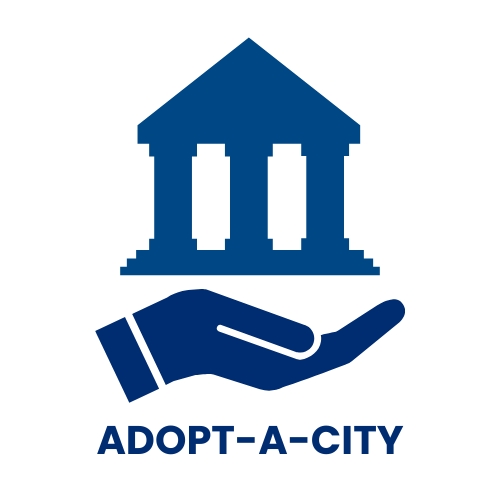
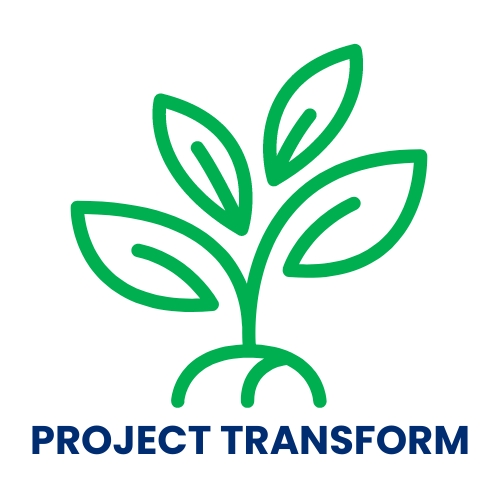

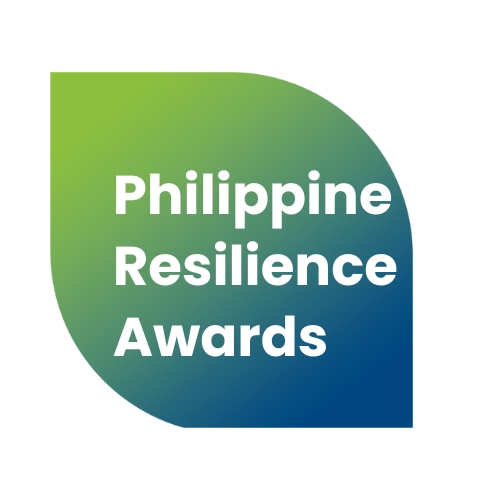

The National Resilience Council (NRC) employs the whole-of-society approach in the implementation of the Resilient Local Government Unit Program (RLGUP) in partnership with different national government agencies (NGAs), local government units (LGUs), private sector, academic institutions, and civil society and non-governmental organizations to advance the formation of climate and disaster resilience.
There are five (5) programs under the RLGUP, which include:
Adopt-A-City (AAC) Initiative
The Adopt-A-City (AAC) Initiative facilitates resilience investments from the private sector to partner local government units (LGUs)– focusing on the reduction of exposure and vulnerability, and the transformation of the climate and disaster risk landscapes of communities they serve as part of their core business value cycle.
SHIELD Programme
The Strengthening Institutions and Empowering Localities Against Disasters and Climate Change (SHIELD) Program in the Philippines aims to accelerate resilience-building efforts at the local level by collaborating with multiple stakeholders to unlock financing and implement risk-informed and inclusive resilience actions.
NRC is a consortium partner of the SHIELD programme– leading the multi-stakeholder partnership (MSP) component as the core delivery mechanism through the adoption and institutionalization of the “Sama-Samang mga Samahan para sa Isang Matatag na Bayan” (SAMBAYANIHAN) Framework developed to foster public-private-people partnership towards climate and disaster resilience.
Project TRANSFORM
The “Transdisciplinary Approach for Resilience and Environmental Sustainability through Multi-Stakeholder Engagement” or Project TRANSFORM supports the new environment and natural resources resiliency framework of the Department of the Environment and Natural Resources (DENR). This program synergizes best practices from the public and private sector in the enhancement of localized resilience and sustainability by fostering meaningful collaboration among government agencies, local communities, the private sector, and non-governmental organizations.
Philippine Resilience Awards (PRA)
The Philippine Resilience Awards (PRA) seeks to recognize resilience champions in various sectors and communities who have made significant contributions to disaster risk reduction and climate change adaptation and mitigation in their respective communities despite complex and systemic challenges.
Young Leaders for Resilience Program (YLRP)
The Young Leaders for Resilience Program (YLRP) is a pioneer youth program by the National Resilience Council aimed at honing the social and technological solution design of Sangguniang Kabataan (SK) officials in addressing disaster and climate change challenges faced by their localities. It bridges the critical gaps between science, policy, and practice in youth leadership by advancing a more proactive framework of thinking to achieve climate and disaster resilience. Their project delivery will be enriched with Enterprise Design Thinking that sources innovative solutions that are focused on user outcomes, driven by diverse empowered teams, and geared towards restless reinvention.
By 2025, NRC expects to implement the “Partnering for Climate and Disaster Resilience” (P4CDR) program, in partnership with Alinea International and the National Rural Women Coalition (PKKK), funded by the Government of Canada.
The “Partnering for Climate and Disaster Resilience (P4CDR) Program aims to enhance the climate and disaster resilience of vulnerable communities in the Philippines by building the capacity of institutions and communities through the integration of inclusive governance, climate change adaptation, and gender equality strategies to effectively respond and recover from disasters and the impacts of climate change.
Tools and Approaches

Whole-of-Society Approach
NRC implements a whole-of-society approach towards co-creating science and technology-based solutions for local government units (LGUs) through knowledge and capacity building for evidence-informed risk and resilience governance.

Resilient Local Government Systems Scorecard
The Resilient Local Government Systems Scorecard (RLGSS) is a localized scorecard with indicators in accordance with local government systems. This serves as a guide in determining the localities’ preparedness (Prepare), adaptation (Adapt), and transformation (Transform) towards resilience based on the following systems: Human Development, Local Economy, Infrastructure, Environment, and Human Security.

Barangay Resilience Bingo Scorecard
The Barangay Resilience Bingo Scorecard (BRBS) is a gamified version of the Resilient Local Government System Scorecard for Cities and Provinces which assesses a barangay’s initiatives and programs towards resilience.
This tool helps identify opportunities for capacity-building interventions at the barangay level. Thus, strengthening collaboration and the interconnectedness of resilience actions among stakeholders in the different levels of governance.
Knowledge Products
- Resilience Competency Assessment (Resilience Compass)
- Resilience Reboot
- Resilience 101: Understanding Risk and Resilience
- Resilience 102: Risk-informed Development
- Resilience 103: Mechanisms for Risk and Resilience Governance
![]()
